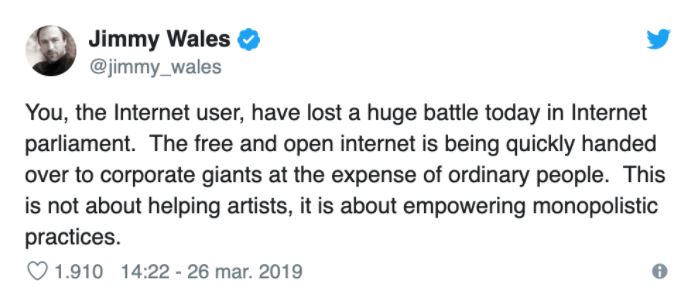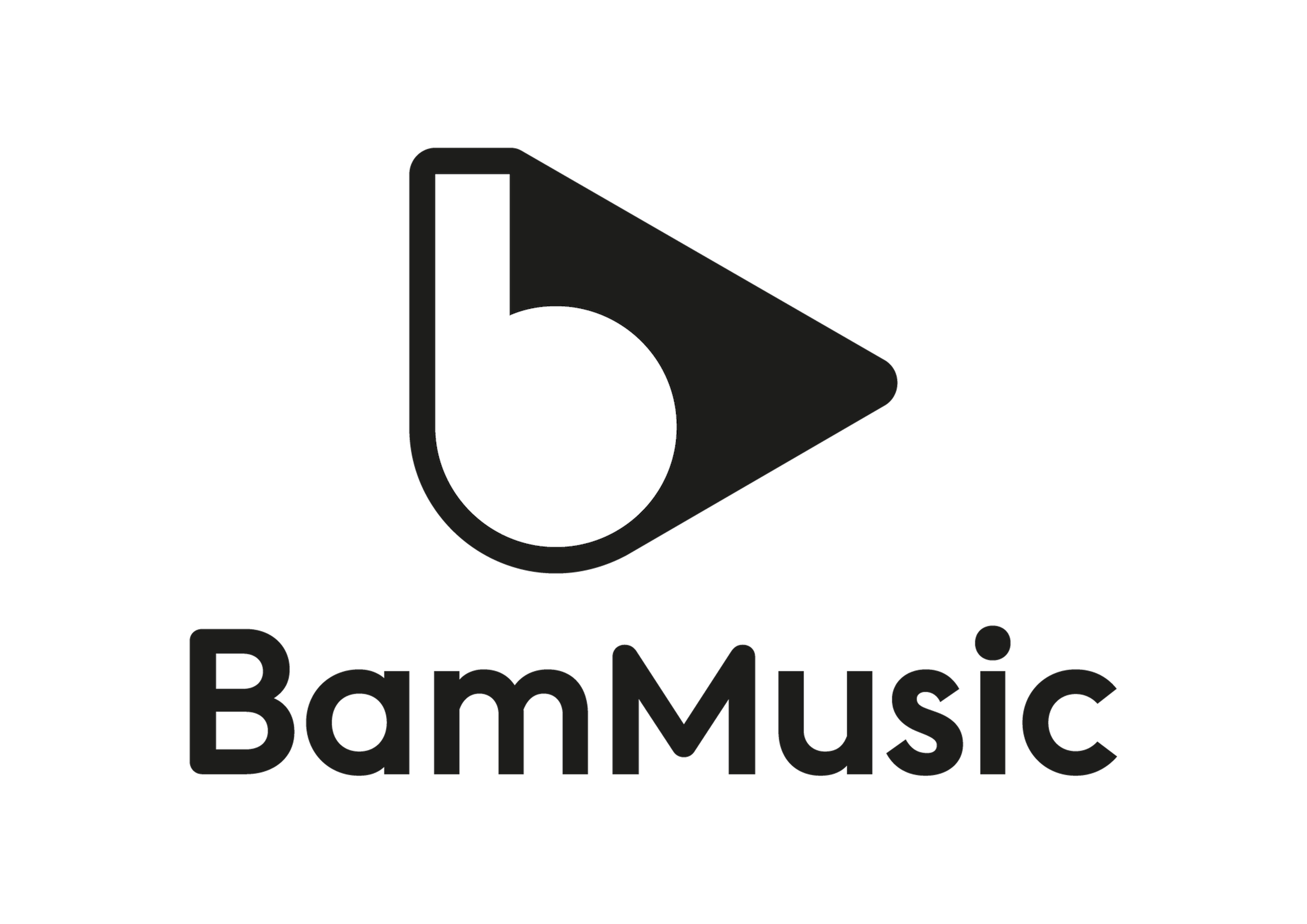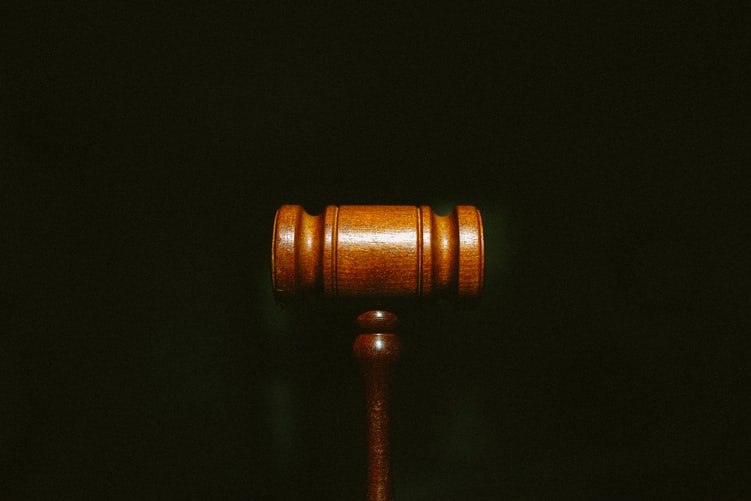The open web is changing and so is the copyright law. You must be aware that the European Union passed a controversial Directive on Copyright on March 26, 2019. The law was about enforcing copyrights on online platforms. It was voted on in the European Parliament declaring that “the related process should be written and implemented as a law by all members of European Union”. The copyright legislation was passed in 2001, just 3 years before the launch of Facebook. But there has been a radical change since then. So, let’s recap Article 17 & the impact of the EU Parliament copyright directive.
What is Article 17?
Previously known as Article 13, the now Article 17 tries to put the copyright legislation into a single framework. This copyright directive states that all content sharing services should license copyright protected resources from their rights holders. If you operate without doing it right, you will be facing legal implications. Likewise, any platform hosting user-generated content like YouTube, Facebook, Soundcloud, Instagram, and many more, will be held legally responsible for copyright content on their platforms. However, Article 17 is just the tip of the iceberg. There are many things still to uncover.
What people are saying about Article 17?
There are two contradictory reactions to this copyright directive law. European Parliament takes it as an important initiative to protect the original creator’s work. This means the law will make the internet less free and tech giants might benefit from it.
But, on the other hand, many critics are saying it is technically challenging and expensive to adopt a mechanism for different countries.
The copyright reform takes place from time to time and most directives are fine. But as an individual or social media network, they are now responsible to make sure no copyright content is published without rights. Sounds challenging! Creators realize that it might not be good for them. Some users complain that the judge is not a person but a content filter or algorithm, which is not fair to use to fully judge copyright.
People tweeting on #SaveYourInternet

CEO of YouTube, Susan Wojcicki, commented that Article 17 can create harsh limitations for YouTube creators. Though YouTube has had a ContentId mechanism for a decade, this isn’t applied to all platforms. Despite 10 years of practice, numerous content face takedown. And yes, it will continue to happen on a greater scale. Lots of people protested against Article 17.
Is the new copyright directive changing the freedom of information?
European creators realized the high chance of limitation and that was the reason citizens protested with the campaign #SaveYourInternet.
What are the approaches to implement the Directive on Copyright in the EU?
The purpose of the copyright directive is to implement a legal certainty as to whether materials on online sharing platforms should be cleared and whether there was a copyright relevant action. Different countries are taking specific measures to apply the law, and making sure of the availability of the enforcement tools.
France has a positive outlook on the complex Article 17, and many other countries are respecting the notion of “licensing and enforcement”. They further emphasize that small rights holders should also have access to it, not just large right holders. Likewise, Denmark is not reinventing the wheel, but building upon the existing enforcement. They are collaborating with online platforms, rights holders and other suppliers on the internet to improve the process. Platforms now get licenses from the rights holders to distribute the content. Likewise, the platforms have to secure that there is no possession other content in the platform. Therefore, they have to develop tools to ensure that this content is not being distributed. However, most of the enforcement is done manually for now until better tools are created.
Some good news!
The new law also establishes payment of financial damages to creators whose copyrights are infringed. So, if Instagram or Facebook uses your picture or content, you can sue them. Still, as discussed before, the implementation of this new directive remains quite controversial.
Original content wins
It is the content that wins at last. The implementation of this legislation should not limit the freedom of creation. Though the directive debate has been huge, the practice approaches are still in progress.
We are careful about our creator’s safety at BAM Music. You can use our music without being affected by the new EU rule. It’s because we own all of the rights to our music and you are covered when you license with us. You can learn more on how to avoid copyright claims by licensing music from sources like BAM Music in this article.






